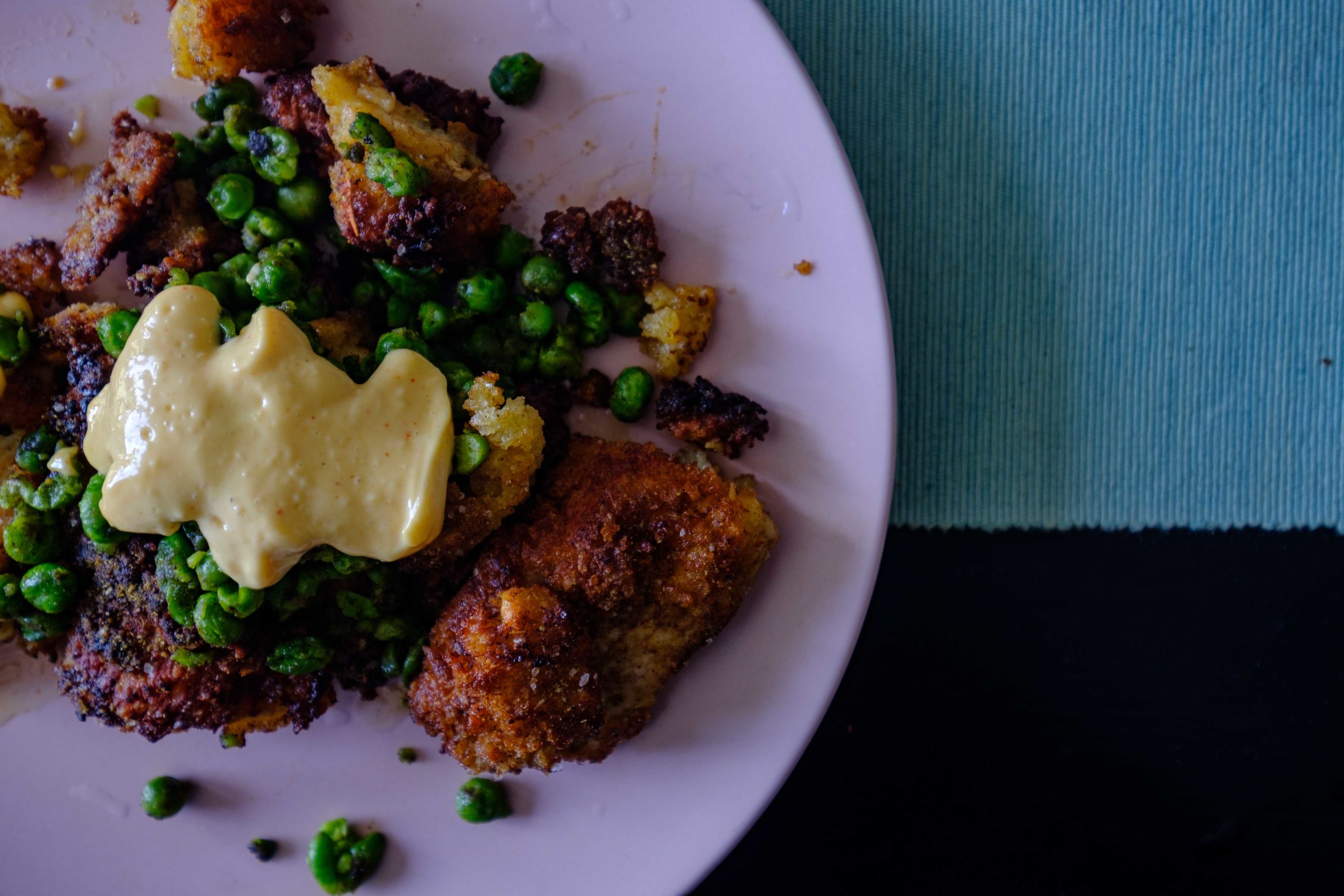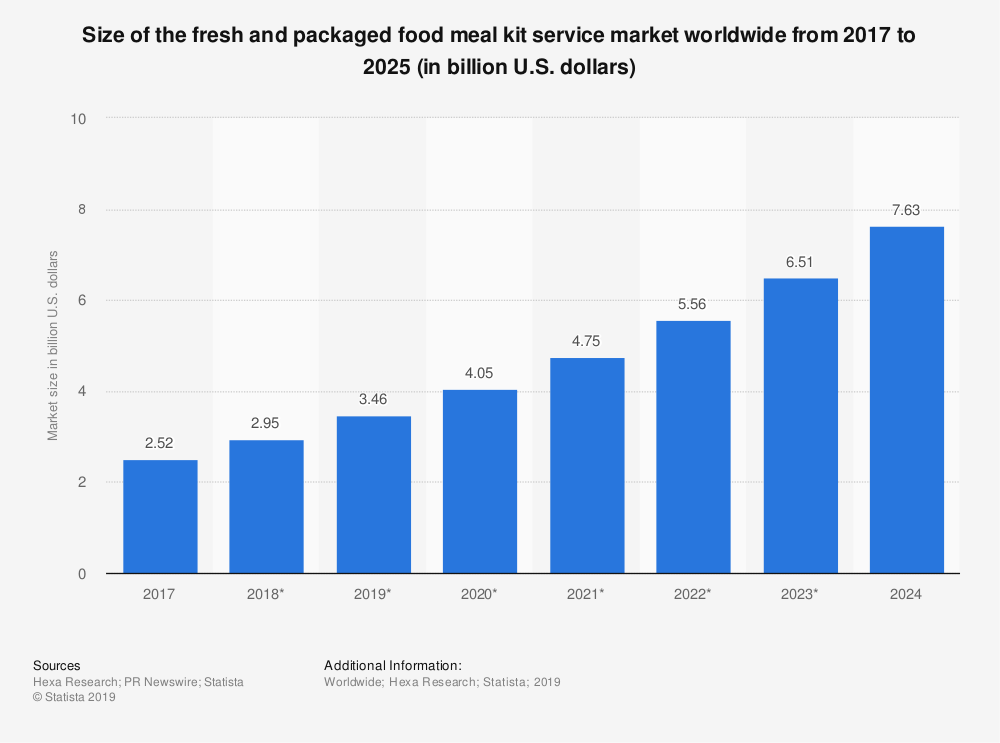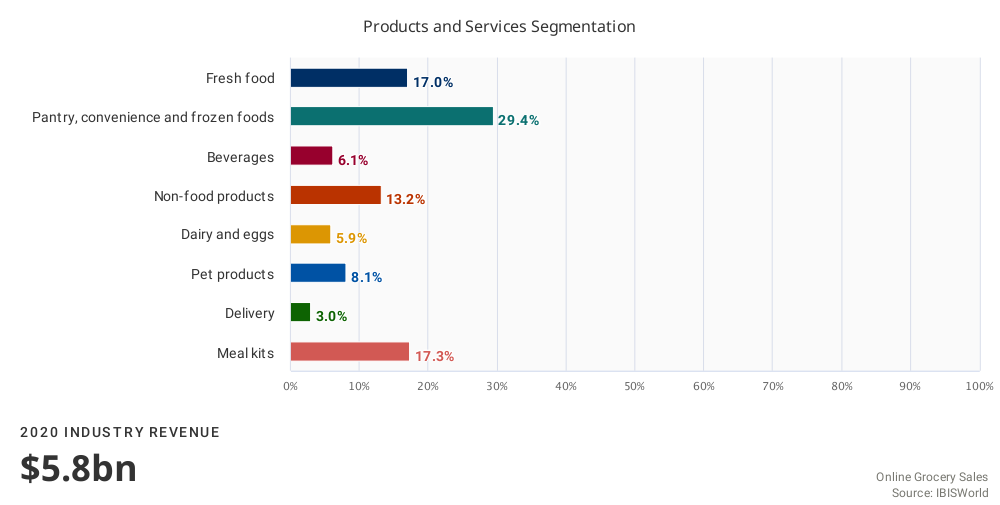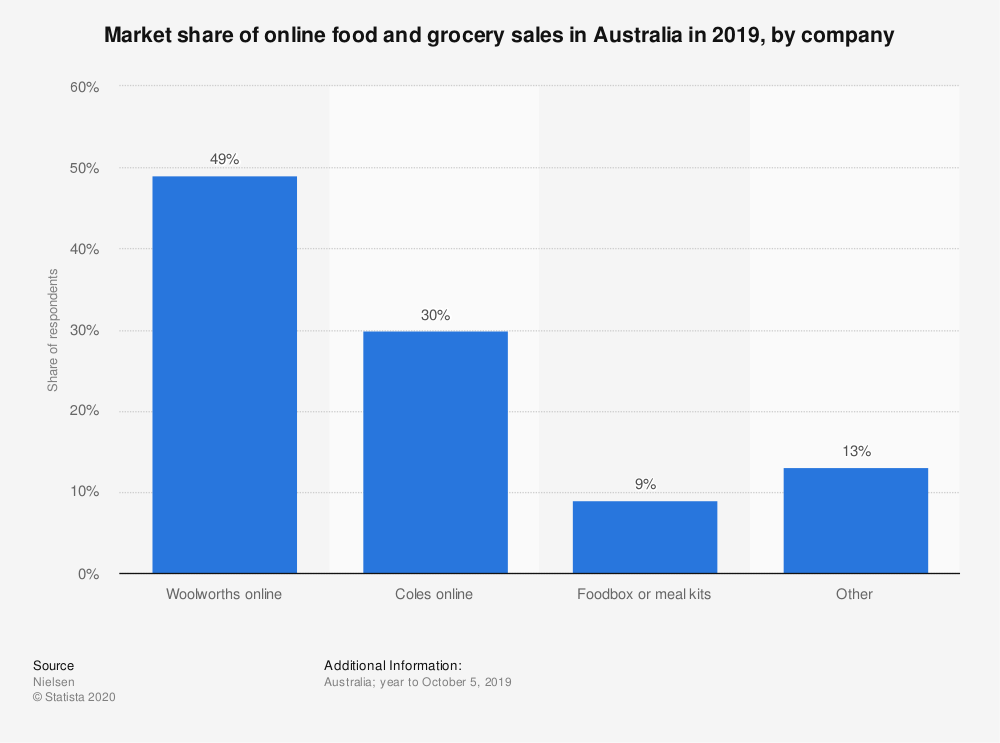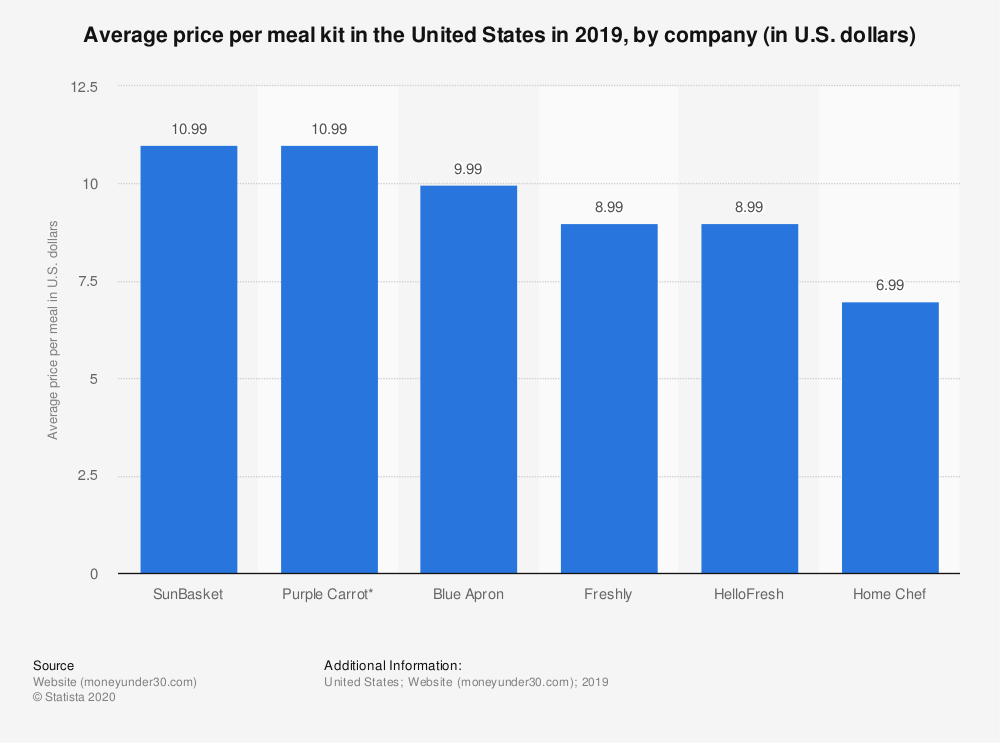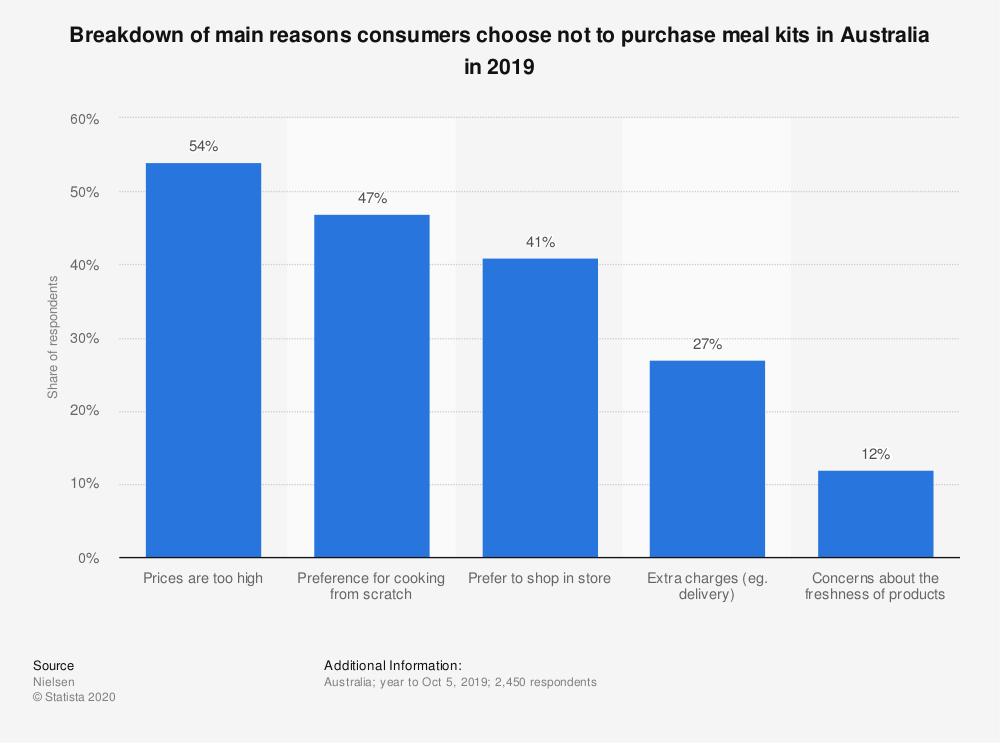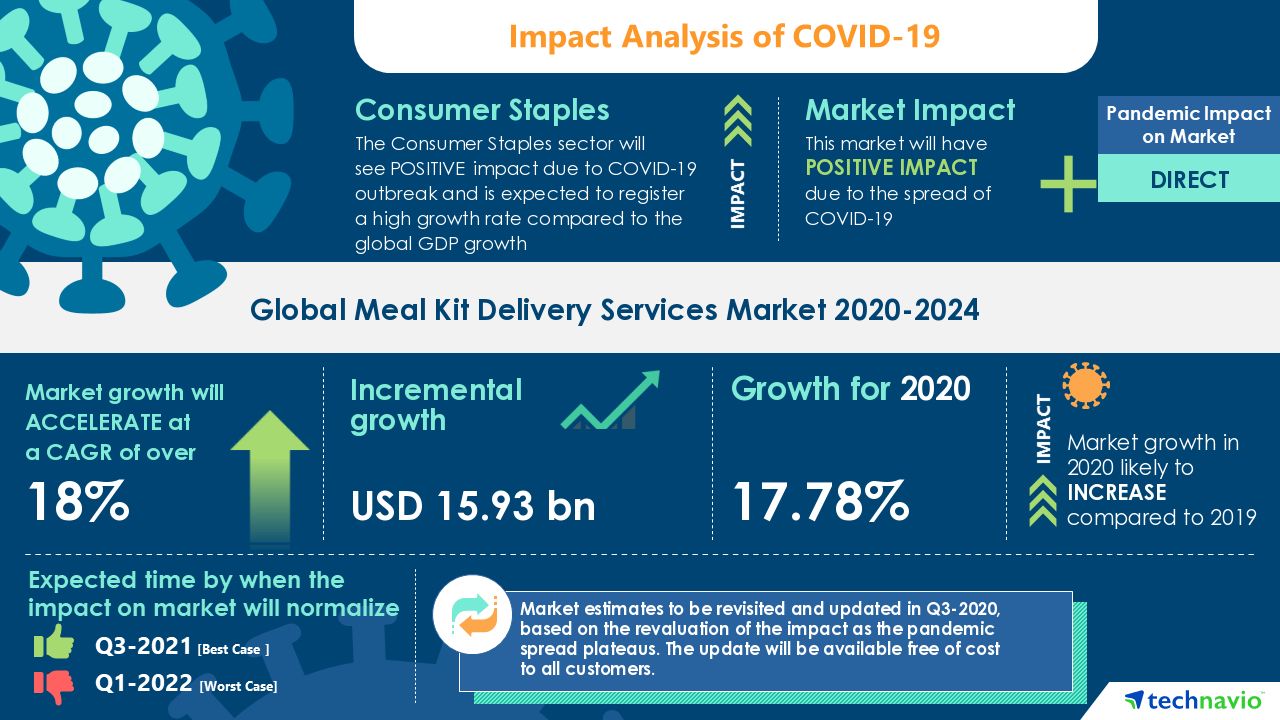Outside the box
Local meal kit companies are developing their new business strategies.
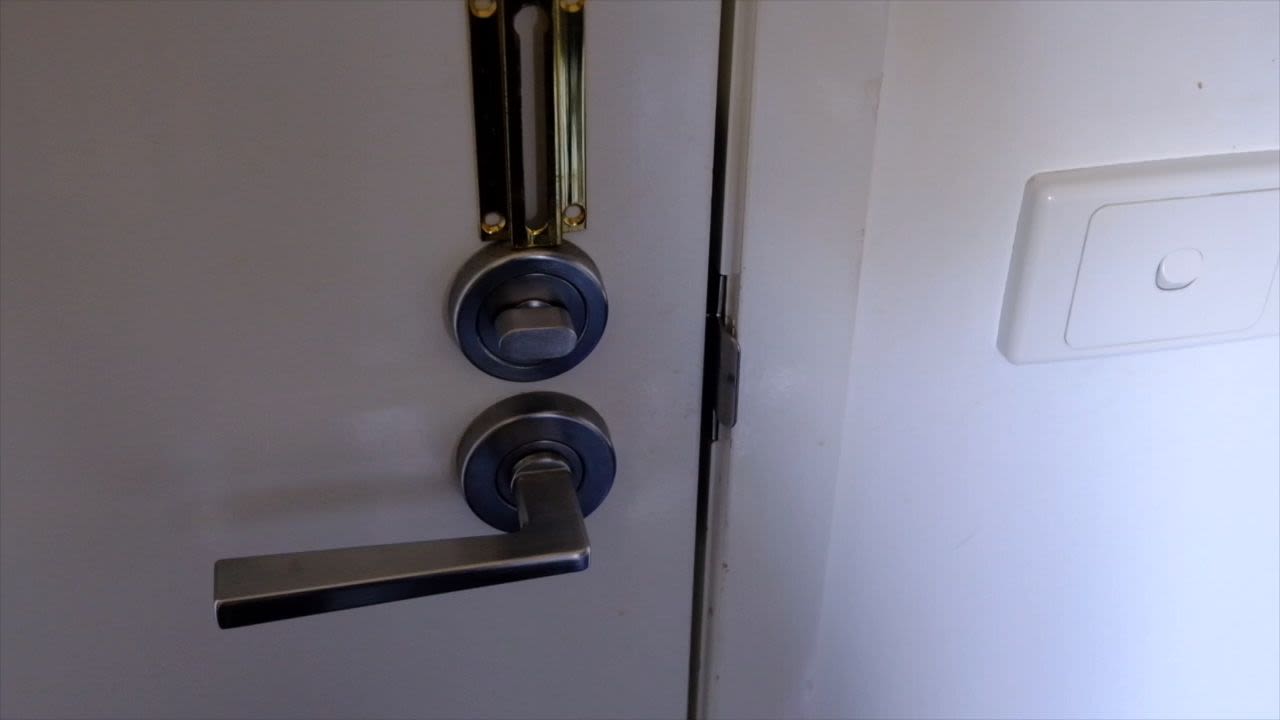
“At the moment we are just reinvesting everything we are making back to the business. So, we do not make any money…because we want to see our competitiveness with Marley Spoon and Hello Fresh.”
Billy Green, the Founder of the Make-Out Meals, talks excitedly about his business.
Make-Out Meals is a Melbourne-based meal kit company founded during COVID-19 restrictions, providing customers with recipes from popular local restaurants.
This video was made by Xilun Zhou.
This video was made by Xilun Zhou.
“We are about six weeks old now. We are still relatively new. We started working on the idea during the first lockdown in Melbourne…Obviously, people tried to avoid supermarket…Restaurants were closing and really struggling, and Melbourne is a food capital,” Mr Green says.
Make-Out Meals is not the only local meal kit company trying to grab the opportunities in the lockdown. Facing various challenges in today’s meal kit market, local businesses are changing and innovating the traditional meal kit business strategy to survive.
Globally speaking
Meal kit service traditionally relies on a subscription-based business model. Meal kit companies provide the pre-portioned ingredients, according to the recipes selected by subscribers.
The first meal kit company in the world was Middagsfrid, founded in 2007 by a Swedish mother. Initially, this was trying to help more people enjoy cooking at home and meanwhile, save their time on collecting ingredients.
Until now, this initial aim is still one of the greatest strengths of meal kit service.
Sarah O’ Shannessy, the chef of Jock and Mack, says she has tried almost every main-stream meal kit brand during lockdown and really enjoys the meal kit service.
“I don’t think it necessarily saves money…and I don’t think any of them really save your time as far as cooking goes but the convenience of not having to work out what’s for dinner and having different flavours and ideas are great,” Ms O’ Shannessy says.
Source: Statista.
Source: Statista.
A report from statista showed that the meal kit market has reached $2.52 billion in 2017. In America, 17 per cent of consumers have tried the meal kit at least once. It was predicted that until 2024, the market size will grow to $7.63 billion.
Blue Apron, based in the U.S., has become the first meal kit company going public. In June 2017, it completed its Initial Public Offering (IPO), after witnessing a 220 per cent growth in one year.
Some meal kit companies even become multinational after years’ fast growing, such as Hello Fresh and Marley Spoon from Germany, which respectively had a net revenue of €129 million and €1.8 billion in 2019.
Locally thinking
Source: IBIS World.
Source: IBIS World.
In Australia, the revenue of meal kit services has reached $995.58 million in 2020, accounting for 17.3 per cent of online grocery sales.
Source: Statista.
Source: Statista.
However, most online customers in Australia still inclined to shop at Woolworths and Coles, rather than try meal kits.
Multinational companies like Hello Fresh and Marley Spoon, since they launched Australia in 2012 and 2015, have occupied large market shares, which makes it hard for local companies to survive.
Besides, the costs to run a meal kit company are usually higher than expected.
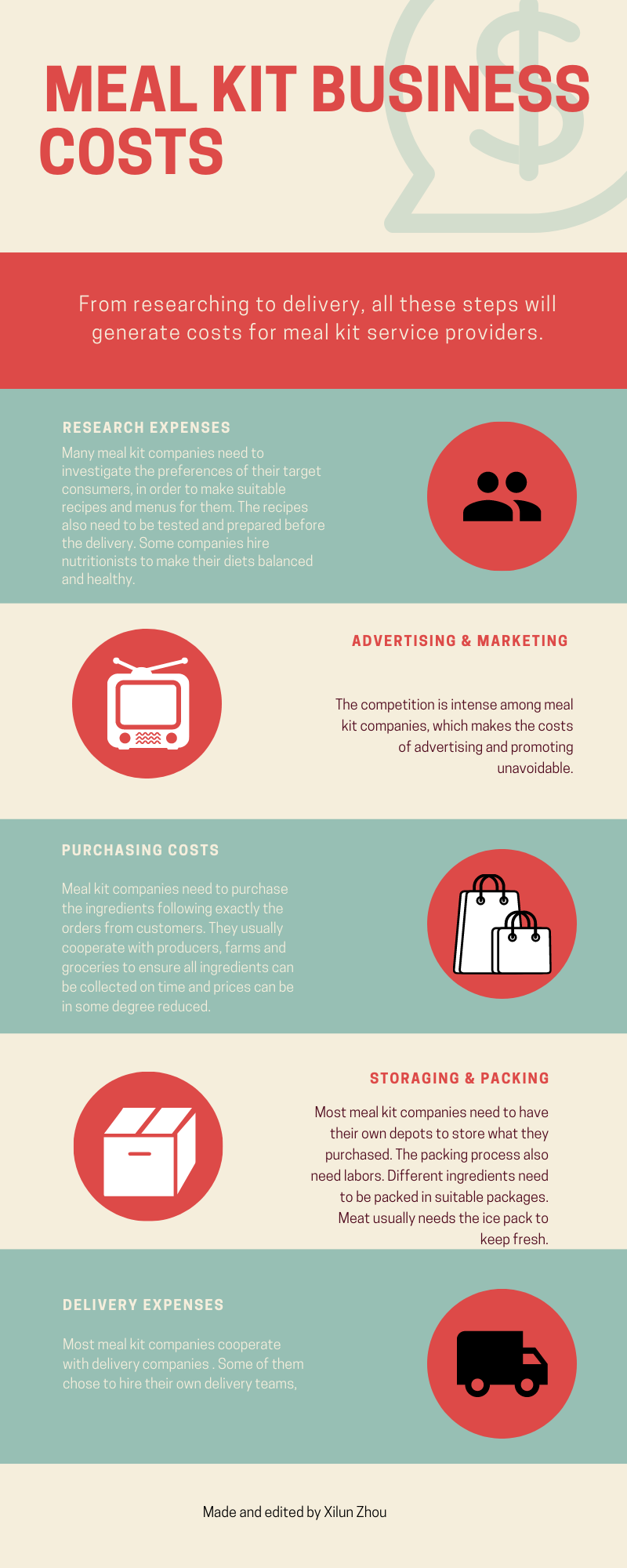
Due to the high costs to maintain the entire supply chain of meal kit service, waiting until 2018, Hello Fresh has just began to earn profits in Australia. In the global market, it started to make profits in 2019, two years after its IPO.
The high costs created relatively hefty price tags for many meal kit companies, as displayed in this graphic.
This graphic displayed that most meal kits cost around $10 per meal in the U.S., not much cheaper than shop in the supermarket or order prepared meals. Source: Statista.
This graphic displayed that most meal kits cost around $10 per meal in the U.S., not much cheaper than shop in the supermarket or order prepared meals. Source: Statista.
In 2019, 54 per cent of Australian customers chose not to purchase meal kits because of the high price.
Source: Statista.
Source: Statista.
There is no exception for small-sized local businesses. Mr Green admits that the price of Make-Out Meals, as a local meal kit startup committed to high-quality recipes, is even higher than some competitors.
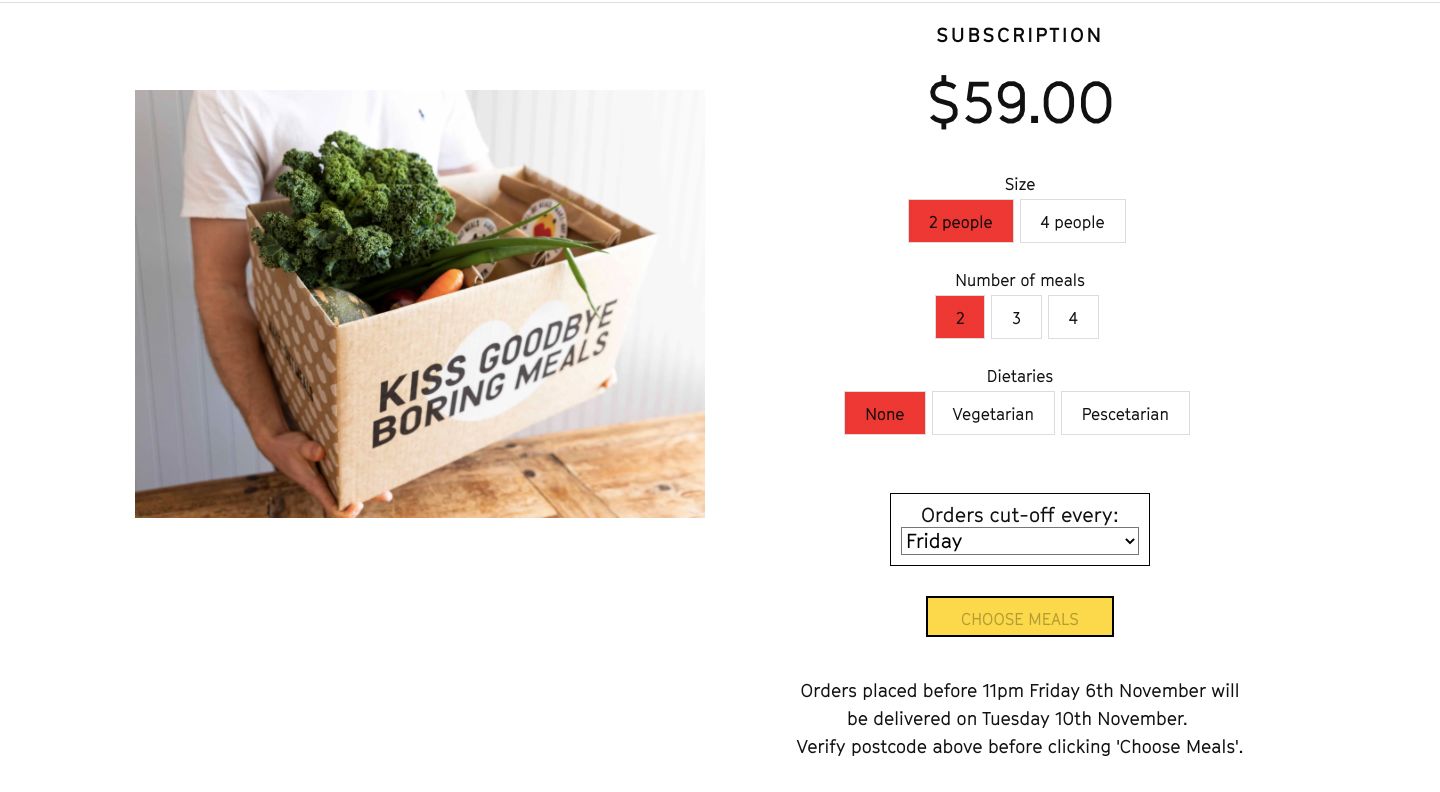
The subscription price of Make-Out Meals (2 people, 2 meals). Approximately $14.75 per serving,
The subscription price of Make-Out Meals (2 people, 2 meals). Approximately $14.75 per serving,
“Our price is…higher than Marley Spoon and Hello Fresh. There is a huge difference in quality and in the quality of producers and recipes,” Mr Green says.
Outside the box
Despite these difficulties, some local meal kit companies are still searching for their best business strategies.
Lenny Manor, the Owner of Dinner Sorted, another Melbourne-based meal kit company, says being local is in itself a huge advantage.
“Like Hello Fresh and Marley Spoon, they are based at Germany. That also means we are very local. We are so local that we are supporting other businesses around the south-east of Melbourne. That also means we can produce the ingredients as fresh as possible. So, I think we might be the only company out there delivering the box the same day we receive the produce,” Mr Manor says.
According to Mr Green, the business strategy of his company is another example of using this advantage.
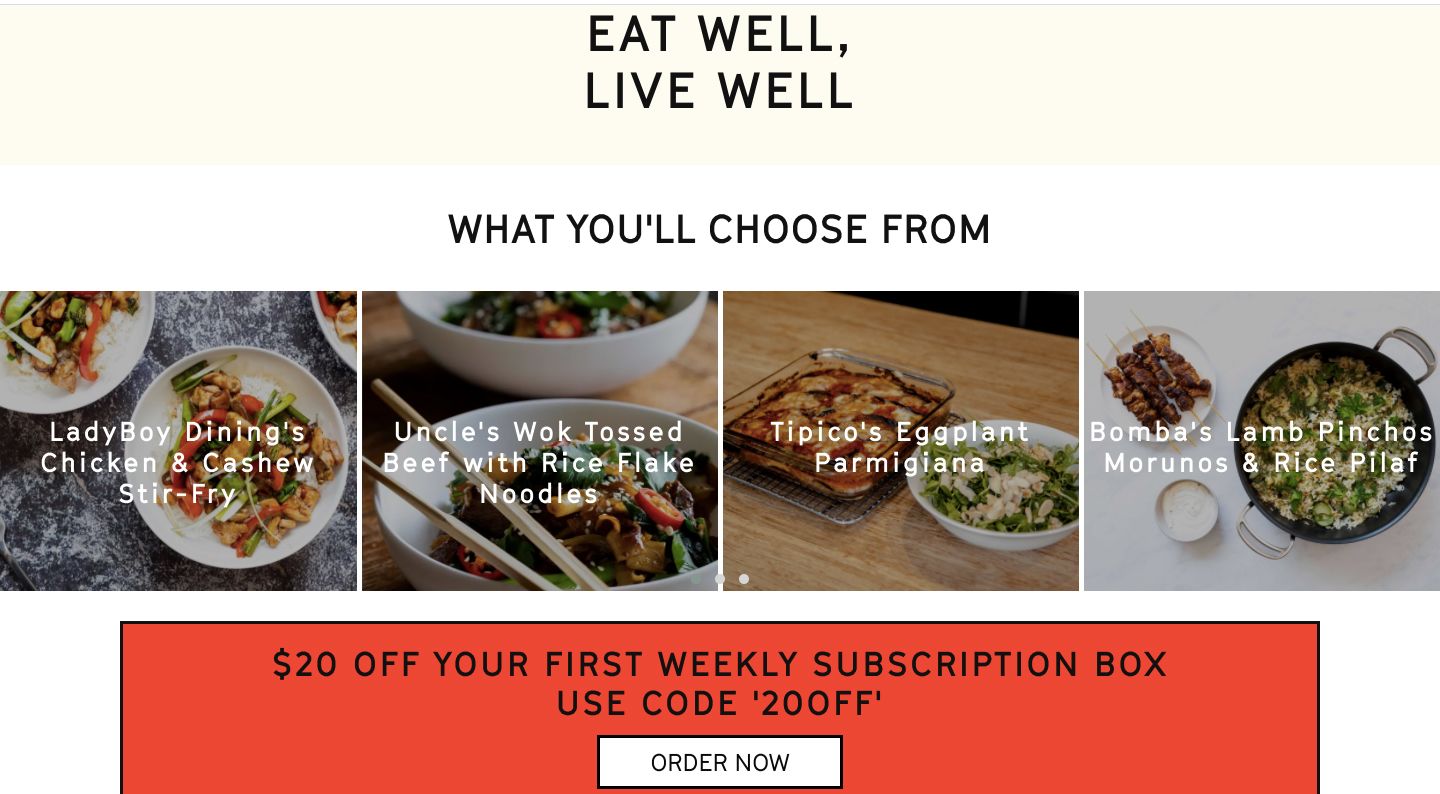
Make-Out Meals allow customers to choose recipes from local restaurants. Restaurants then get some cut from their revenues.
Make-Out Meals allow customers to choose recipes from local restaurants. Restaurants then get some cut from their revenues.
“Our business is based on the support to restaurants. All my recipes are created by popular Melbourne-based restaurants…People pay a couple of extra dollars...for the local restaurants,” Mr Green says.
The COVID-19 restrictions are offering a environment that is suitable for meal kit companies to grow.
According to a report published in the third season of 2020 by Technavio, the impact of COVID-19 was mainly positive on the meal kit market. Source: Technavio.
According to a report published in the third season of 2020 by Technavio, the impact of COVID-19 was mainly positive on the meal kit market. Source: Technavio.
"I think COVID helped me make the decision to try the meal kits," Ms O’Shannessy says.
However, what matters more is the opportunity to reflect the original system of meal kit service.
“When there is an uncertainty in the market place in terms of job security, what we are seeing is people are also reluctant to getting into commitment, which is subscription…When somebody is uncertain about their future, their financial future, getting into subscription-based product of any kind would cause some hesitations,” Mr Manor says.
Since that, Mr Green says his company is introducing a new one-time box service.
“One-time box is what other companies cannot offer. People can give it a try without commitment,” Mr Green says.
To be more competitive and reduce high costs, many local meal kit companies also decided to specialize for market niches. Fresh Off the Boat, another Melbourne-based startup founded during lockdown, provides Vietnamese recipes. The Nourish Box, on the other hand, targets customers who prefer plant-based meals.
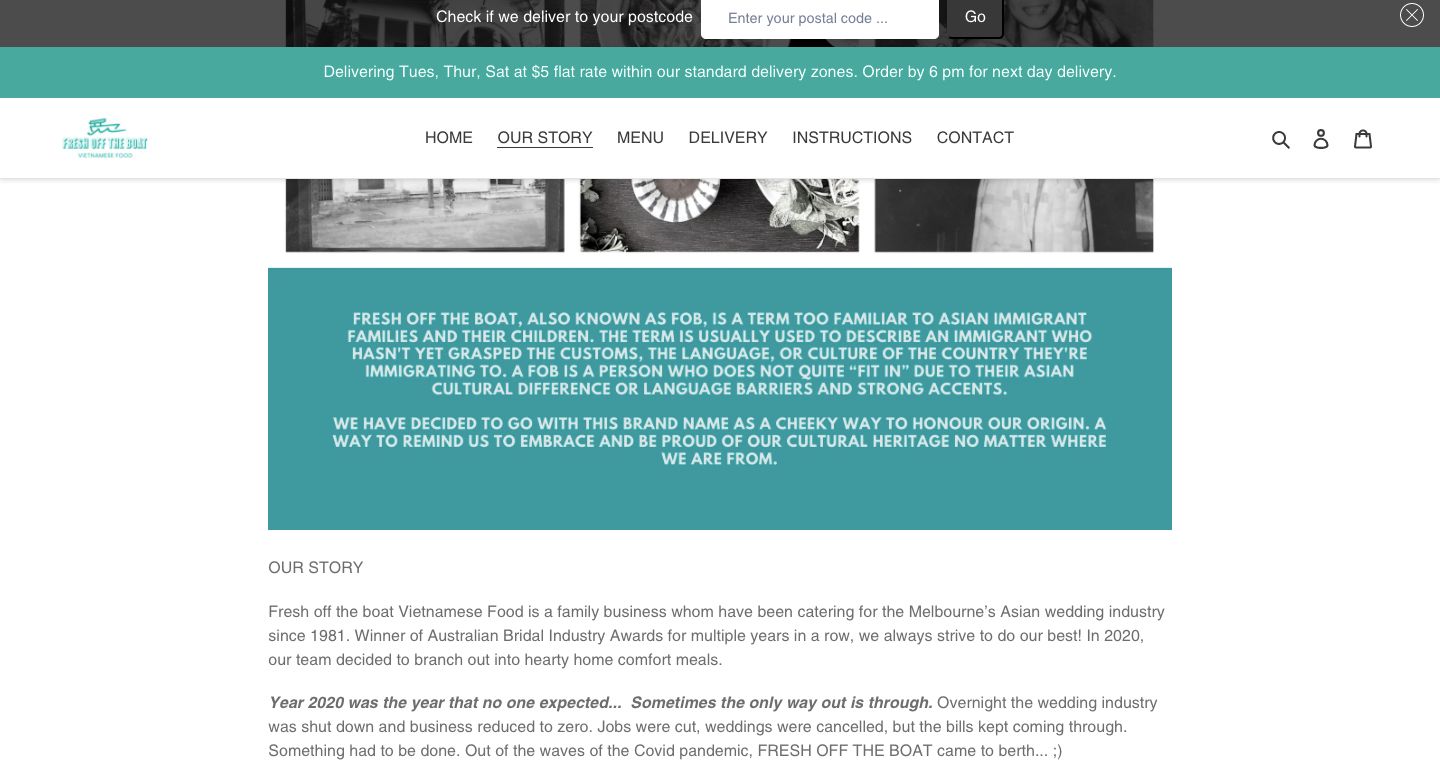
Fresh off the boat switched from wedding to meal kits business during lockdown.
Fresh off the boat switched from wedding to meal kits business during lockdown.
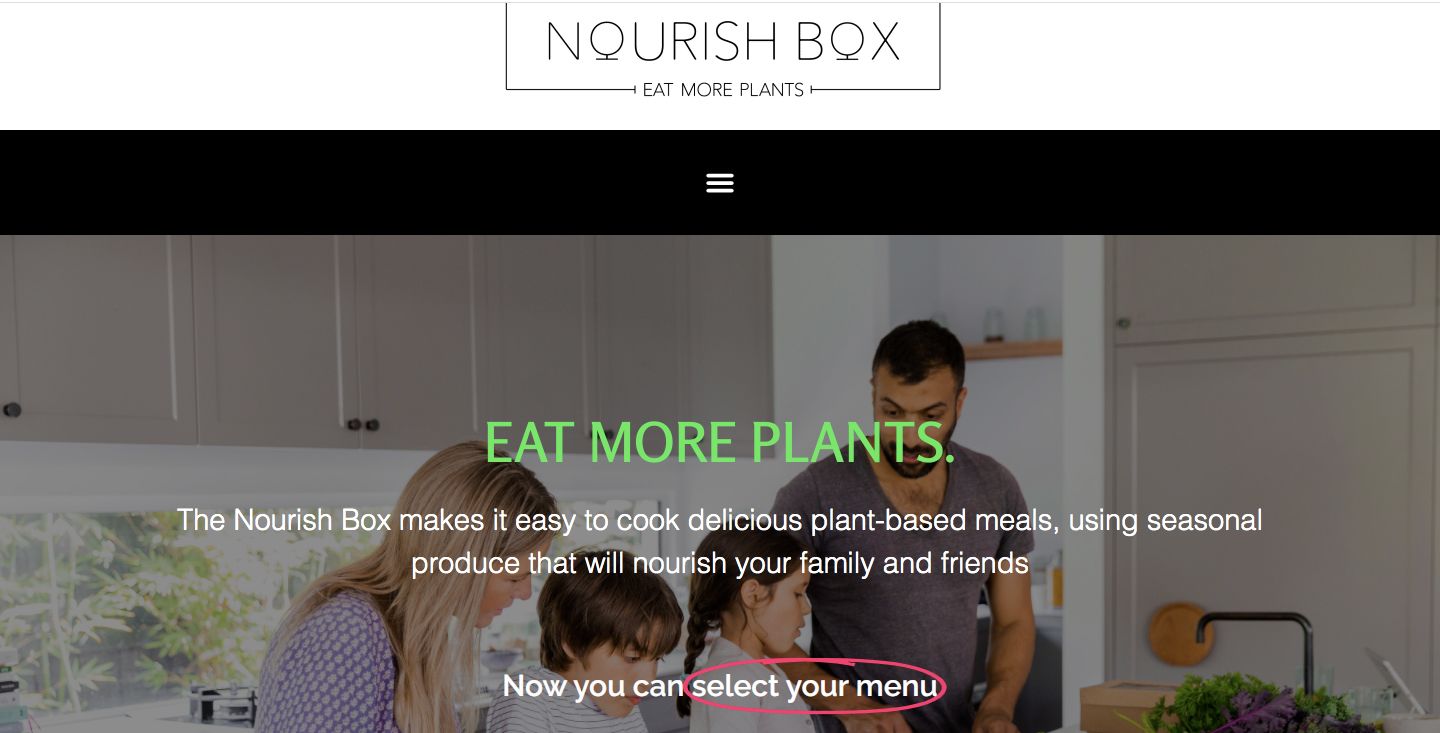
Nourish Box, based in Melbourne, provides plant-based meal kits.
Nourish Box, based in Melbourne, provides plant-based meal kits.
Mr Green says he is pleased with the trend and believes that these features can help local meal kit companies secure more regular customers.
“All my recipes are created by popular Melbourne-based restaurants. That is something no companies are doing at the moment,” says Mr Green, “Some companies like Marly Spoon and Hello Fresh are really discount-based…People go on for the discount and then move for the other one. So, we are trying to make really…good recipes.”
For the post-COVID future, Mr Green is on the optimistic side.
This video was made by Xilun Zhou.
This video was made by Xilun Zhou.
“It is being a little bit of learning experience.” Mr Green says.
